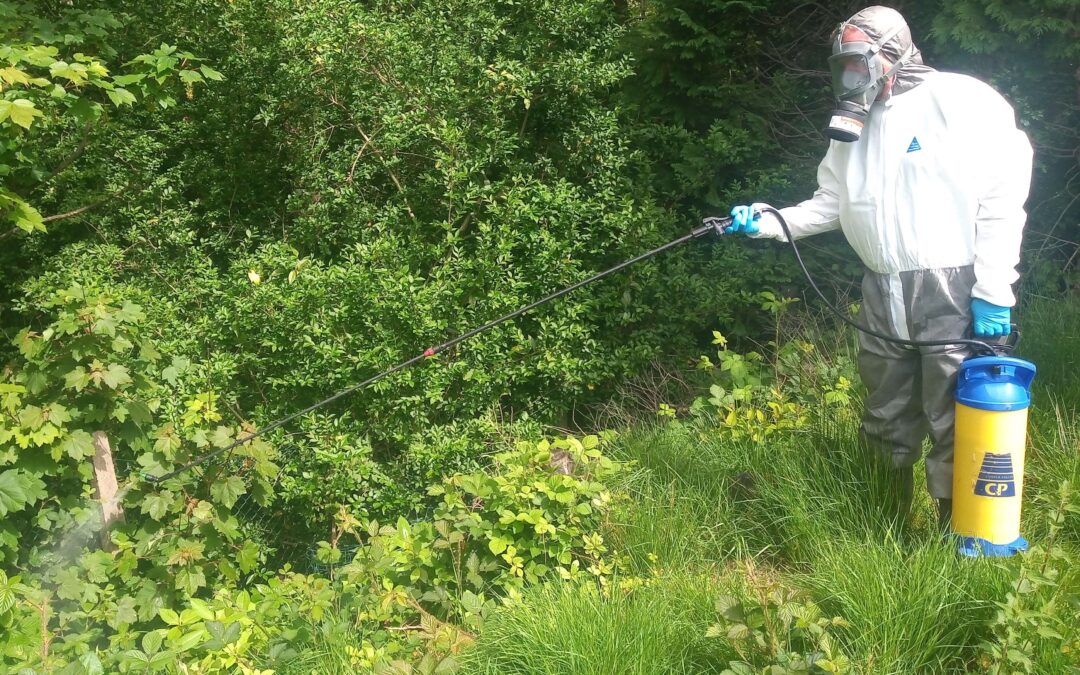The Connection Between Japanese Knotweed and Climate Change: Understanding the Impact
Explore the relationship between Japanese Knotweed and climate change.
Also, we will discuss how invasive plants are thriving in our changing environment. The Connection Between Japanese Knotweed and Climate Change: Understanding the Impact
Japanese Knotweed is a highly invasive plant species that may cause some damage to buildings and infrastructure across the world. This plant has been a problem for many years. Recent research suggests it is thriving in our changing climate and becoming an even more significant challenge for land managers. This article will explore the connection between Japanese Knotweed and climate change. Therefore, more about how this invasive species is impacting the environment.
“1. How Climate Change is Contributing to the Spread of Japanese Knotweed“
Climate change is contributing to the spread of Japanese Knotweed in several ways. The plant is highly adaptable and can thrive in a range of temperatures, from hot and dry to cold and wet. As temperatures rise and precipitation patterns change, Japanese Knotweed can spread and establish itself in new areas, making it an even greater challenge to control.
“2. The Impact of Japanese Knotweed on the Environment”
Japanese Knotweed is having a significant impact on the environment. The plant is highly invasive, quickly taking over large land areas and crowding out native species. This can lead to a loss of biodiversity, which can impact the entire ecosystem. Additionally, Japanese Knotweed is known to cause damage to buildings and infrastructure, which can be costly to repair.
“3. Managing Japanese Knotweed in a Changing Climate”
Managing Japanese Knotweed in a changing climate is becoming increasingly challenging. The plant can adapt to new conditions and spread quickly, making it difficult to control. As temperatures continue to rise and precipitation patterns change, it’s essential to implement effective management strategies that can help prevent the spread of Japanese Knotweed and protect the environment.
“4. The Benefits of Natural Remedies for Japanese Knotweed”
While chemical herbicides can effectively control Japanese Knotweed, they may also harm the environment and human health. Many people are turning to natural remedies as safer and more sustainable solutions. Natural remedies, such as vinegar, boiling water, salt, and lemon juice, are safe for the environment and can effectively control knotweed without harming it.
The connection between Japanese Knotweed and climate change is becoming increasingly apparent, with the invasive plant thriving in our changing environment. Japanese Knotweed’s impact on the environment is significant, leading to biodiversity loss and damage to buildings and infrastructure. To effectively manage Japanese Knotweed in a changing climate, it’s essential to implement effective management strategies, including natural remedies, to prevent the spread of this invasive species and protect the environment.
